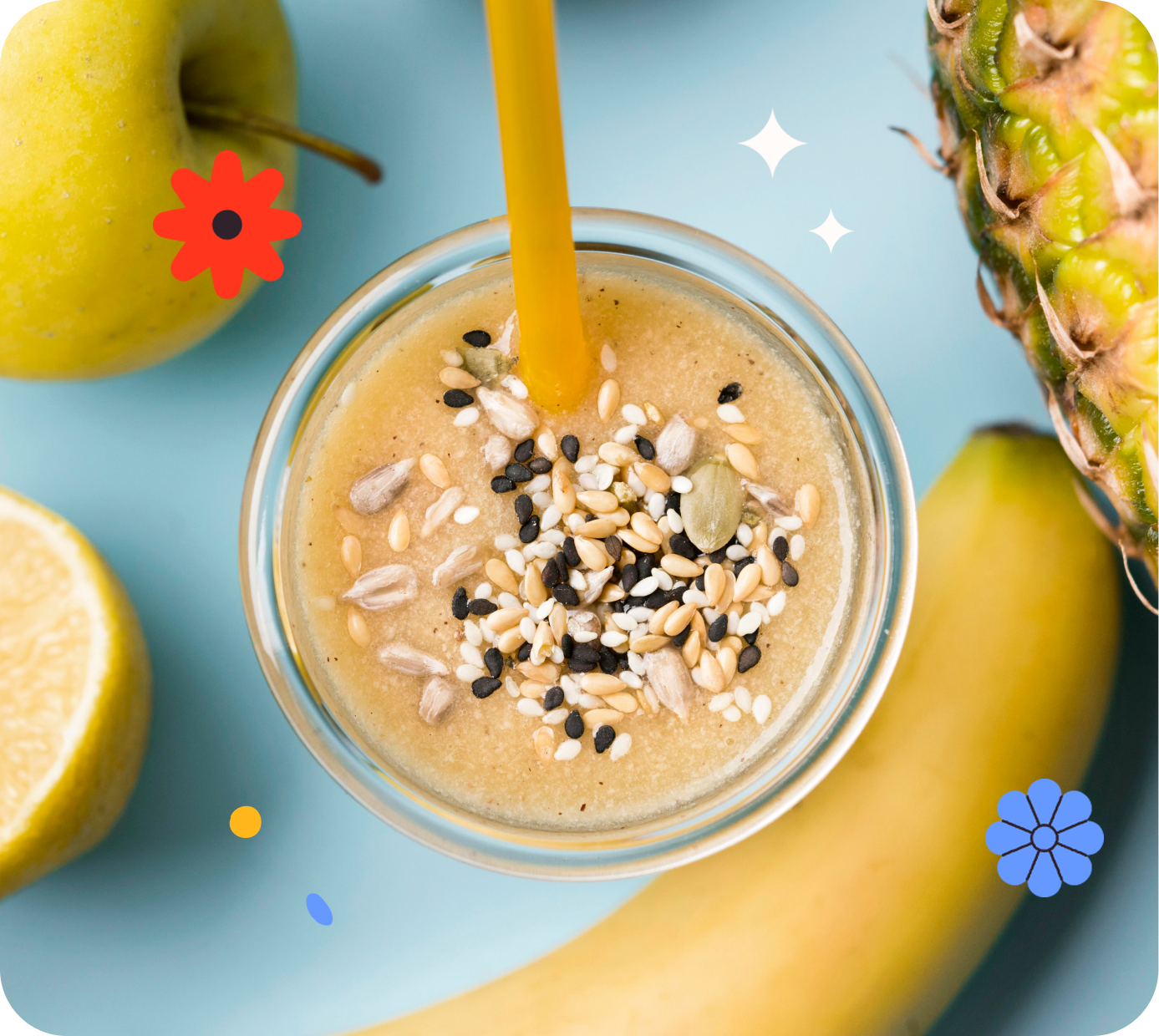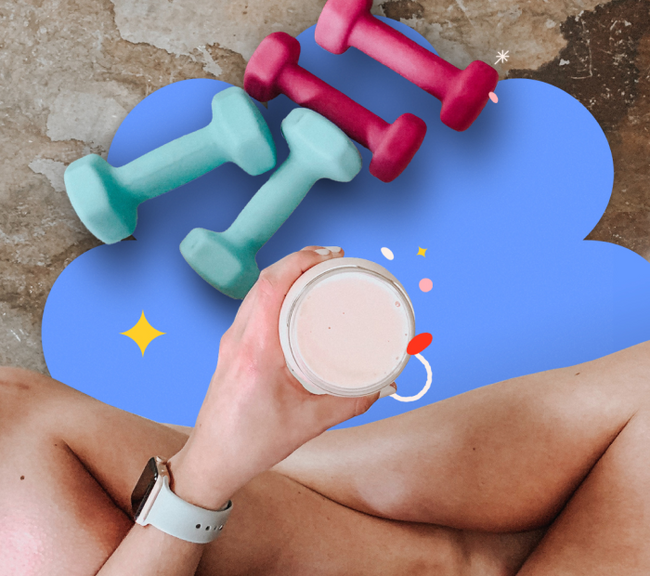Pasiakos SM, McLellan TM, Lieberman HR. The effects of protein supplements on muscle mass, strength, and aerobic and anaerobic power in healthy adults: a systematic review. Sports Med. 2015 Jan;45(1):111-31. doi: 10.1007/s40279-014-0242-2. PMID: 25169440.
The short answer is yes!
However, this can change depending on your lifestyle, fitness goals, and dietary preferences.
To find the right answer, we need to understand the various factors involved. This includes protein metabolism and muscle protein synthesis, as well as, the effects of protein shakes in the absence of exercise.
So, join us as we unravel the answers to the burning question: What happens if you drink protein shakes without working out?
How do Protein Shakes Work?
Here are 4 ways protein shakes work to help you lose weight and build a lean, toned physique:
-
Offers a concentrated protein source: Protein shakes help you attain your weight loss or bodybuilding goals by offering you a concentrated dose of protein. Proteins are made of smaller units known as amino acids which serve as the building blocks for tissues, enzymes, and hormones.
[2]
What are proteins and what do they do? - Medline Plus US
- Absorbs faster: Protein shakes can be easily digested, absorbed, and utilized compared to other protein sources such as meat or legumes.
-
Muscle repair and growth: Protein shakes support muscle repair and development by providing the required amino acids for muscle protein synthesis. [3]
Church DD, Hirsch KR, Park S, Kim IY, Gwin JA, Pasiakos SM, Wolfe RR, Ferrando AA. Essential Amino Acids and Protein Synthesis: Insights into Maximizing the Muscle and Whole-Body Response to Feeding. Nutrients. 2020 Dec 2;12(12):3717. doi: 10.3390/nu12123717. PMID: 33276485; PMCID: PMC7760188.
-
Regulates appetite: Protein has a high satiety value.
[4]It can keep you feeling fuller for longer thus controlling appetite and helping reduce your total calorie intake.
Paddon-Jones D, Westman E, Mattes RD, Wolfe RR, Astrup A, Westerterp-Plantenga M. Protein, weight management, and satiety. Am J Clin Nutr. 2008 May;87(5):1558S-1561S. doi: 10.1093/ajcn/87.5.1558S. PMID: 18469287.


What Happens if You Drink Protein Shakes Without Working Out?
If you drink protein shakes and don't workout will you gain weight?
Let’s find out! There is a significant difference between combining protein shakes with regular workouts and taking them without having a workout regime. Here’s a quick look at the pros and cons of drinking protein shakes without working out.
Pros:
- Nutritional supplementation: If you’ve been struggling to meet your daily protein requirements from whole foods, then protein shakes can help you bridge the gap.
- Versatile and customizable: You can opt for a protein powder of your choice, such as whey, or plant-based protein such as soy, pea protein, etc. You can also add other ingredients such as coffee, nuts, seeds, fruits, leafy greens, and vegetables to your protein shakes. This is an easy way to get different vitamins, minerals, antioxidants, healthy fats, and fiber from your diet.
- Convenient meal replacement: Protein shakes can be used as a meal replacement shake if customized with additional ingredients to enhance their nutritional value. Drinking protein shakes can support your overall health and well-being as protein is crucial for numerous physiological processes such as immune function, hormone regulation, and enzyme production.
Cons:
- Limited muscle synthesis: After a workout, protein is required to build, repair and strengthen the damaged muscle tissues. If you do not work out, then the benefit of protein shakes in terms of muscle growth and repair is limited.
- Reduced protein utilization: Without the added exercise, your requirements for protein utilization are lower, so you do not need a concentrated source of amino acids such as a protein shake.
- Weight gain: If you are not burning extra calories with workouts, then the extra intake of calories from protein shakes can make you gain weight.
- Digestive issues: You may experience digestive discomforts such as bloating, gas, or diarrhea when you consume large amounts of protein without adequate physical activity.
Can You Drink Protein Shakes Without Working Out?
Yes, you can drink protein shakes without working out. While the muscle-related benefits of drinking protein shakes tend to be limited if you don’t work out, there are some other advantages you can look forward to.
Protein shakes are an easy and convenient way to meet your daily protein needs. They can provide all the essential amino acids needed for supporting your overall health and well-being. You can use them as meal replacement drinks. This means you can occasionally have a protein shake before bed without working out, instead of dinner.
Can I Have Too Much Protein? Is it Bad?
Yes, it is possible to end up consuming too much protein.
Protein is an essential nutrient for the body and you need to take enough protein to meet your daily needs. However, exceeding the recommended daily allowances (RDA) for protein through protein shakes or other sources can have adverse effects such as:
-
Kidney strain: The high protein intake also puts a burden on your kidneys as these organs are responsible for filtering and eliminating waste products of protein metabolism. [5]
Ko GJ, Rhee CM, Kalantar-Zadeh K, Joshi S. The Effects of High-Protein Diets on Kidney Health and Longevity. J Am Soc Nephrol. 2020 Aug;31(8):1667-1679. doi: 10.1681/ASN.2020010028. Epub 2020 Jul 15. PMID: 32669325; PMCID: PMC7460905.
- Nutritional imbalances: If your protein intake is too high, it can lead to a reduced intake of other essential nutrients such as carbohydrates, healthy fats, vitamins, and minerals. For overall health and well-being, it is essential to consume a balanced diet that includes a variety of nutrient-dense foods.
-
Intestinal discomfort: High protein diets can cause dehydration. [6]The excessive intake of protein, especially without sufficient fiber can lead to abdominal discomfort, constipation, etc.
High protein diets cause dehydration, even in trained atheletes - News Release EurekaAlert!


Will you Gain Weight or Build Muscles?
Now, let’s take a closer look at the question: Can protein shakes help build muscle without working out?
Well, protein shakes can definitely help you build muscle, but not without the right workouts. Drinking protein shakes without working out has little effect on muscle protein synthesis. So you will not be able to build muscle.
However, you will gain weight if your calorie intake exceeds your energy expenditure. If protein shakes are consumed in excess without considering your overall calorie balance, then it can lead to unwanted weight accumulation.


How Much Protein Do You Need Without Exercising?
How much protein do you need every day? - Harvard | USDA National Nutrient Database
Athletes and bodybuilders may need more protein depending on the frequency and intensity of workouts. This can range from 1.6 to 2.2 grams per kilogram of body weight or even higher during intense training phases.


Should You Drink Protein Shakes On Rest Days?
Whether you can drink protein shakes on the days you don’t work out depends on your specific fitness goals and dietary preferences.
If your target is to bulk up and gain muscle, then drinking protein shakes on rest days is definitely beneficial. You can make energy-dense protein shakes by adding ingredients such as avocados, nuts, oats, etc. to pack in extra calories and nutrients. This supports muscle growth and recovery even when you're not hitting the gym.
Now, if you're aiming to lean out and get more cut, you can still enjoy protein shakes on rest days after making some adjustments. You can substitute protein shakes in place of a regular meal such as breakfast or dinner. You can also opt for a low-calorie protein shake made with unsweetened almond milk or just water to keep your calorie intake in check.
Even if it's a rest day, your body still needs protein, calories, and other nutrients for its various functions. So go ahead and enjoy your delicious protein shakes. Just remember to practice moderation.


Is It Good to Drink Protein Shakes for Breakfast?
Yes, you can! Protein shakes can be used as meal replacement drinks, especially if you add other ingredients such as leafy greens, fruits, healthy fats, etc. to make them tasty, filling, and nourishing. You should ensure your breakfast offers a well-rounded nutritional profile with a balance of macronutrients and micronutrients.
Nehlig A, Daval JL, Debry G. Caffeine and the central nervous system: mechanisms of action, biochemical, metabolic and psychostimulant effects. Brain Res Brain Res Rev. 1992 May-Aug;17(2):139-70. doi: 10.1016/0165-0173(92)90012-b. PMID: 1356551.
There are some really good products available online with such combinations. You can simply add a scoop of protein Coffee to a glass of water, or your favorite milk along with some crushed ice to enjoy a refreshing protein shake that will provide you with high energy to conquer your day.


7 Tips for Incorporating Protein Shakes without Exercise
If you want to drink protein shakes without working out, here are 7 tips to keep in mind:
- Practice moderation: Your intake of protein from shakes and other sources should align with your protein requirements based on your age, sex, activity levels, etc. Excessive protein intake without exercise can cause nutritional imbalances in your diet and lead to potential health risks.
- Monitor your calorie intake: Be mindful of the total calories you consume, including those from protein shakes. To achieve and maintain a healthy weight, you should adjust your intake based on your energy needs.
- Balance your diet: For optimum health, your protein shakes should be part of a well-rounded diet. You should include adequate amounts of whole foods such as healthy fats, fruits, vegetables, etc. in your diet.
- Variety is key: Do not rely on just protein shakes to meet your daily protein targets. You should include a mix of protein-rich foods such as eggs, meat, fish, cottage cheese, soy, hemp, seeds, and nuts, to obtain a diverse range of essential nutrients and maximize the benefits of a balanced diet.
- Choose quality protein sources: Protein shakes can be made using whey, soy, or even hemp protein. You can buy a high-quality protein powder supplement to make the shake. Make sure to read the product labels to make informed choices. You can also use a combination of protein-rich ingredients such as cottage cheese, almond powder, yogurt, chia seeds, peanut butter, etc.
- Timing and purpose: Be clear about your purpose of consuming protein shakes without working out. If weight loss is your goal, then protein shakes offer convenience, nutritional support, and help with appetite control. You can use protein shakes as meal replacements, especially for breakfast. If you are looking to build a toned figure, then you will need to add in some workouts and time your protein shakes as a pre-workout or post-workout drink.
- Consult a healthcare professional: It is always advisable to consult a healthcare professional or a registered dietitian if you have any specific health concerns. They can provide personalized guidance on your protein intake and potential interactions with your medications, if any.


Conclusion

Although you can drink protein shakes without working out, the benefits are not the same as combining protein shakes with regular exercise. If you are struggling to meet your daily protein requirements, protein shakes are an easy and convenient way to supplement your diet with all the essential amino acids your body needs.
Protein shakes are primarily designed to support muscle recovery, repair, and growth after workouts. Without the stimulus of exercise, the impact of protein shakes on muscle synthesis may be limited.
As part of a weight loss program, protein shakes can be used as meal replacements to reduce your calorie intake, increase satiety and suppress appetite.
While considering whether to consume protein shakes without working out, it's important to consider your goals, preferences, and dietary patterns. For optimal health and well-being, you should balance your protein intake with other macronutrients to maintain a well-rounded diet.
 References
References 
- Pasiakos SM, McLellan TM, Lieberman HR. The effects of protein supplements on muscle mass, strength, and aerobic and anaerobic power in healthy adults: a systematic review. Sports Med. 2015 Jan;45(1):111-31. doi: 10.1007/s40279-014-0242-2. PMID: 25169440.
- What are proteins and what do they do? - Medline Plus US
- Church DD, Hirsch KR, Park S, Kim IY, Gwin JA, Pasiakos SM, Wolfe RR, Ferrando AA. Essential Amino Acids and Protein Synthesis: Insights into Maximizing the Muscle and Whole-Body Response to Feeding. Nutrients. 2020 Dec 2;12(12):3717. doi: 10.3390/nu12123717. PMID: 33276485; PMCID: PMC7760188.
- Paddon-Jones D, Westman E, Mattes RD, Wolfe RR, Astrup A, Westerterp-Plantenga M. Protein, weight management, and satiety. Am J Clin Nutr. 2008 May;87(5):1558S-1561S. doi: 10.1093/ajcn/87.5.1558S. PMID: 18469287.
- Ko GJ, Rhee CM, Kalantar-Zadeh K, Joshi S. The Effects of High-Protein Diets on Kidney Health and Longevity. J Am Soc Nephrol. 2020 Aug;31(8):1667-1679. doi: 10.1681/ASN.2020010028. Epub 2020 Jul 15. PMID: 32669325; PMCID: PMC7460905.
- High protein diets cause dehydration, even in trained atheletes - News Release EurekaAlert!
- How much protein do you need every day? - Harvard | USDA National Nutrient Database
- Nehlig A, Daval JL, Debry G. Caffeine and the central nervous system: mechanisms of action, biochemical, metabolic and psychostimulant effects. Brain Res Brain Res Rev. 1992 May-Aug;17(2):139-70. doi: 10.1016/0165-0173(92)90012-b. PMID: 1356551.



















